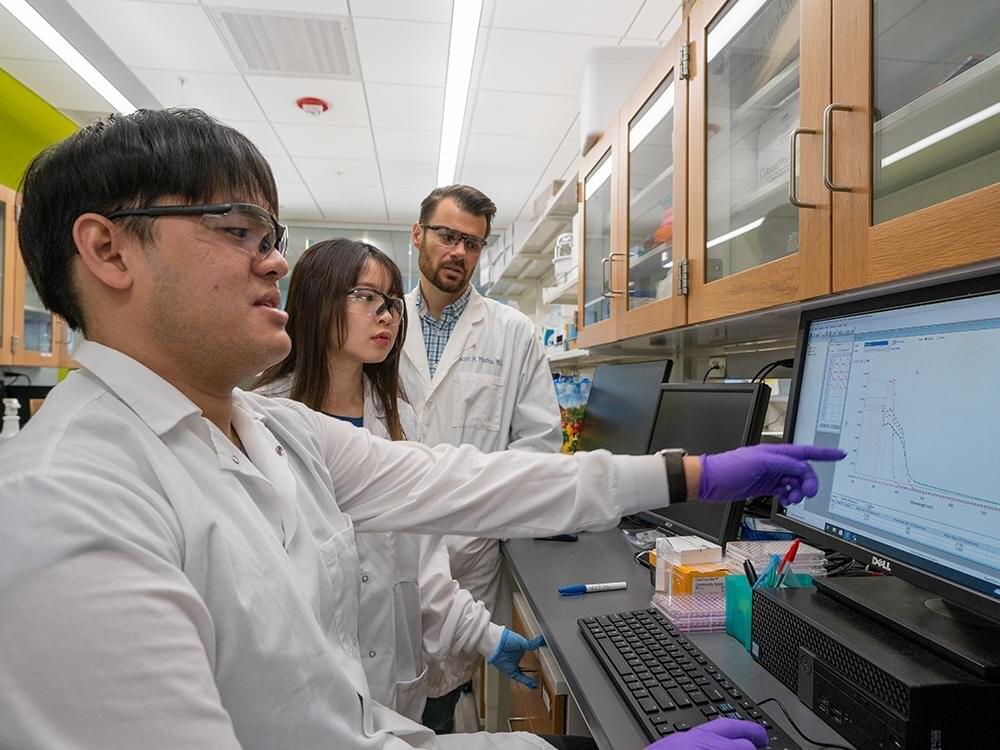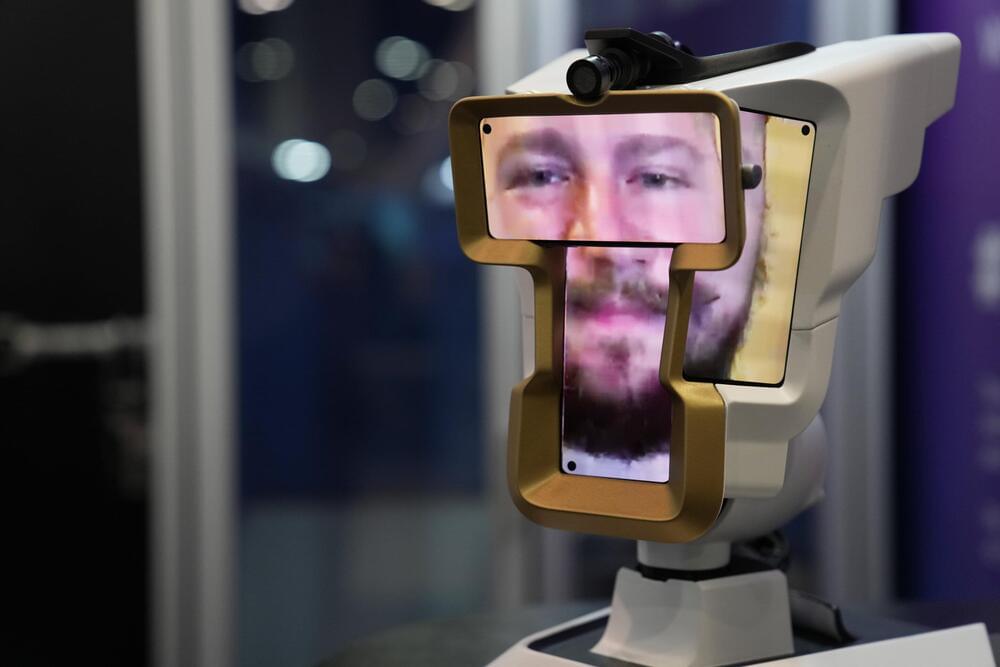Humans are eternally curious about the night sky, but figuring out how to use a telescope is non-trivial. At CES in Las Vegas, Unistellar believes it has the perfect solution with its Equinox 2 Smart Telescope.
“When I was a young teenager, I had a telescope that I used during the long summer nights. Fast forward to being an adult – I didn’t have any more time to do astronomy. With a friend of mine, we started to think about what we can do to bring astronomy back to our busy daily lives,” says Laurent Marfisi, co-founder and CEO of Unistellar in an interview with TechCrunch. “We thought up a telescope that is easy to use, that is powerful enough to see through the light pollution, and that has the possibility to reveal galaxies and nebulae, all those things that we could not see even when we were teenagers. The aim is to bring a lot of the power that professionals have in astronomy into the daily lives of consumers who just want to have fun, spend good quality time with their children and their friends around astronomy.”









